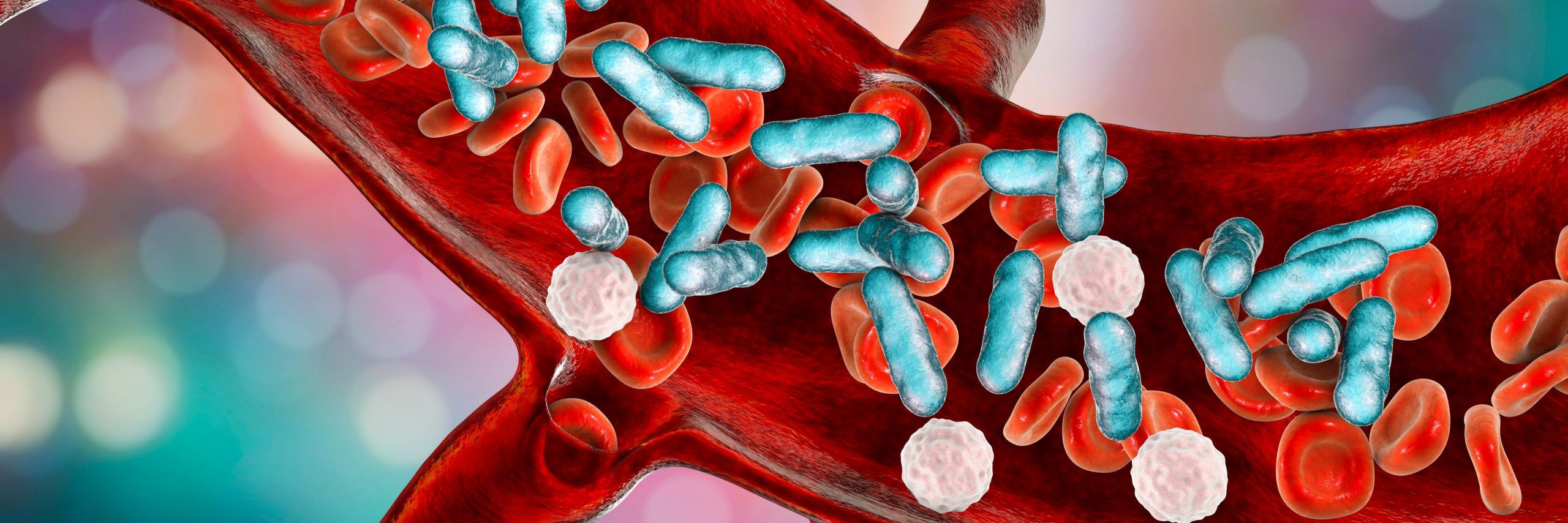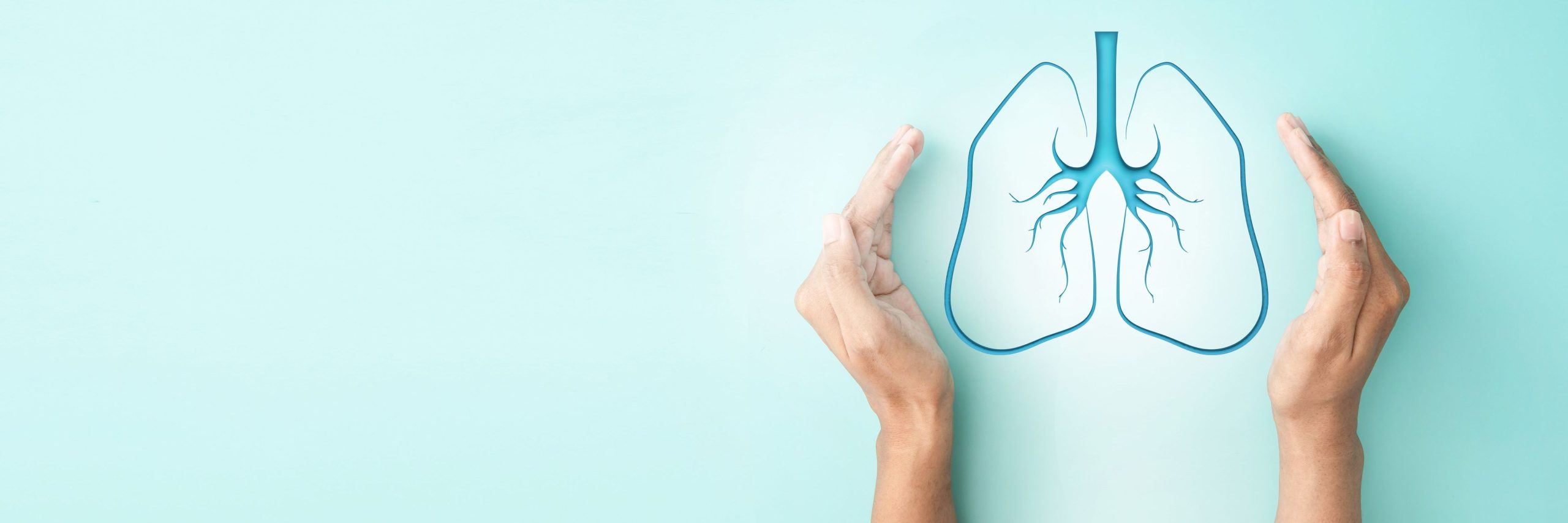The following is a summary of “Quality of life for men with metastatic castrate-resistant prostate cancer participating in an aerobic and resistance exercise pilot intervention,” published in the March 2023 issue of Urologic Oncology by Langlais et al.
After being diagnosed with prostate cancer, symptoms related to the disease and treatment may decrease the patient’s quality of life. However, the extent to which physical activity enhances the quality of life in males diagnosed with metastatic castration-resistant prostate cancer (mCRPC) remains incomplete. A pilot randomized controlled trial with three arms was conducted to evaluate the feasibility, acceptability, safety, and efficacy of a 12-week remotely monitored exercise program among men diagnosed with metastatic castration-resistant prostate cancer (mCRPC). In this report, researchers present qualitative variations in the quality of life following the recommendations for preliminary studies. The male participants were subjected to randomization into three groups, namely the control group, the aerobic exercise group, and the resistance exercise group. The formulation of exercise prescriptions was predicated upon evaluations of the individual’s initial cardiorespiratory and strength levels.
Quality of life (QoL) outcomes were assessed through self-reported questionnaires such as QLQ-C30, PROMIS Fatigue, Pittsburgh Sleep Quality Index (PSQI), and EPIC-26, gathered at the beginning of the study and after 12 weeks. A cohort of 25 male individuals was randomized, with ten assigned to the control group, 8 to the aerobic group, and 7 to the resistance group. The study population consisted mainly of Caucasian males (76%) with a median age of 71 years (range: 51-84) and a median time since prostate cancer diagnosis of 10.5 years (range: 0.9-26.3). At the time of enrollment, the male participants presented with suboptimal sleep patterns and notable levels of exhaustion. The other baseline quality of life metrics exhibited a relatively elevated level. At the 12-week mark, the resistance arm exhibited enhancements in social function and urinary irritative/obstruction symptoms relative to the controls.
Meanwhile, the aerobic arm displayed improvements in social function and urinary incontinence but experienced a decline in nausea/vomiting. In contrast to the resistance arm, the aerobic arm exhibited inferior urinary irritative/obstruction symptoms and self-rated quality of life. However, there were specific enhancements in emotional function, insomnia, and diarrhea. The pilot study on the exercise intervention conducted over three months showed a moderate impact on the quality of life (QoL) of metastatic castration-resistant prostate cancer (mCRPC) survivors who were undergoing androgen deprivation therapy (ADT). Based on the demonstrated feasibility, acceptability, and safety in previous analyses, it may be necessary to further evaluate the intervention’s impact on the quality of life in a larger sample and for a longer time.
Source: sciencedirect.com/science/article/pii/S1078143922004768



















